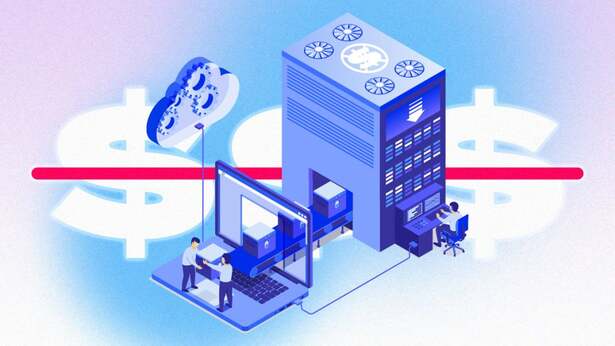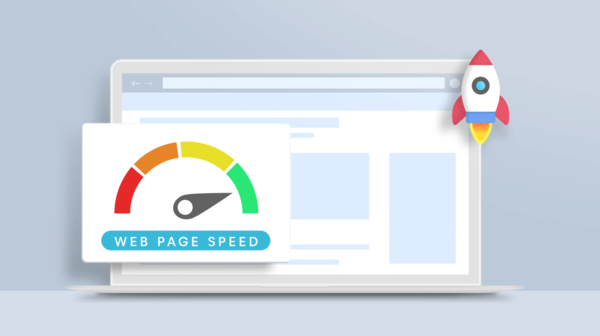
A picture is worth a thousand words, especially when trying to attract buyers online. For anyone in Pasadena looking to sell a car, taking the right photos can make all the difference. Highlighting specific features not only grabs attention but also helps showcase the vehicle’s unique appeal, making it stand out from the rest.
Sleek Alloy Wheels That Add a Touch of Style
Alloy wheels are like the jewelry of a car—they add a sense of style and sophistication. When taking photos, make sure the wheels are clean and free of dirt or grime. Sleek alloy wheels often catch a buyer’s eye, especially when they are well-maintained and show off a touch of class.
For anyone aiming to sell cars online in Pasadena CA, alloy wheels can become a focal point. Highlighting them in your pictures can instantly elevate the car’s appeal. Use natural lighting to emphasize the metallic finish and details, giving buyers the impression that the car has been cared for meticulously.
Shiny Exhaust Tips That Show Off Performance
Exhaust tips are often overlooked but can add a surprising touch of personality to your vehicle’s photos. Clean, shiny exhaust tips convey that the car is not only …



